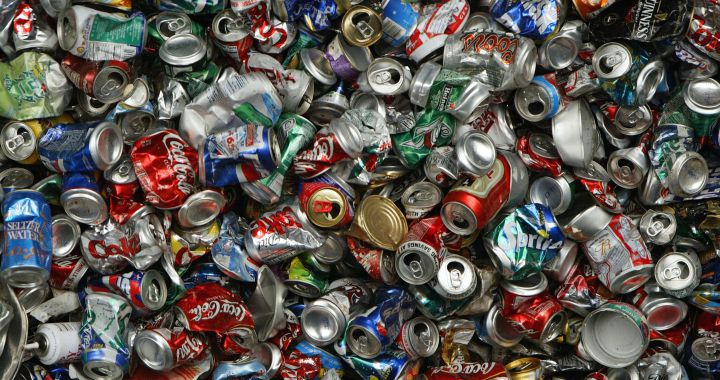Spain is not doing its homework on reuse and recycling. This is what a total of 26 environmental entities and organizations will denounce this Thursday before the European Commission. And that’s what the data show: despite the fact that the Waste Framework Directive required reuse or recycle 50% facing the year 2020, our country remained at 40.5%.
These are official figures. The Annual report on the production and management of waste under municipal jurisdiction, published each year by the Ministry for Ecological Transition and the Demographic Challenge (MITECO), specifies that nearly 9 million tons of municipal waste -those generated by households and the tertiary sector- was subject to reuse and recycling operations, including both the recycling of the material (nearly 4.5 Mt) and the composting of the waste organics (4.4 Mt) . Without embargo, the death will be due to the destiny of this case the mitad de estos desechos (49.4%, unos 10.7 Mt), but the remaining 10.1% (2.2 Mt) will be incinerated, mainly in recovery plants of energy.
In addition, the circumstance occurs that most of the organic waste subjected to composting processes, approximately 3.8 Mt, corresponds to recovery operations in mechanical-biological treatment plants, the result of which is what we call biostabilized material, that from 2027 the EU prohibits counting as composted.
When it comes to recycling, there are significant differences between the Autonomous Communities. Only Catalonia, the Valencian Community, La Rioja and the Basque Country They can pride themselves on exceeding this recycling rate by 50%, while Navarre is close to it. On the other hand, those who do the worst are the Principality of Asturias, where more than 75% of the waste ends up in landfill, or the Autonomous City of Melilla, which incinerates 90% of the waste.
A “call for help”
“Everything indicates that in the year 21 it will be even worse,” predicted Miquel Roset, from Retorna, during the press conference in which the various environmental groups formalized the complaint, this Thursday at the Association of the Madrid press. “We will only achieve the targets if the waste becomes an absolute priority for the Spanish state.
Carlos Arribas of Ecologistas en Acción called the data “disappointing”, while criticizing the ministry’s delay in releasing the data. Similarly, Arribas put a worrying fact on the table: “79% of the waste collected is mixed, whereas only 21% are separated correctly. It is therefore very difficult to carry out quality recycling”.
“It’s not pleasant to go from court to court, but with the data in hand and with the panorama that we have in front of us, we have no guarantee that this will happen.” respect the law on waste and royal decrees approved,” added Eva Saldaña, from Grenpeace. “This complaint is a call for help from the European Commission to force Spain to put the interests of people and the planet before those of big business.”
Recycling in Spain. at the exam. / CC
“Given the situation, it is important to put on the table solutions, which are well known,” concluded Blanca Ruibal, of Friends of the Earth. “The main thing is the reduction: not produce waste. It is important to end untreated landfills and put in place deposit systems, not only for packaging but for many other products that need to be reused. And there is a need to extend the life of products: encourage repair and reuse, as well as set standards for companies to compel them to make their products sustainable. Finally, we must not forget that reducing waste is also a question of global justice, because it is poor countries that receive a large part of our waste”.

